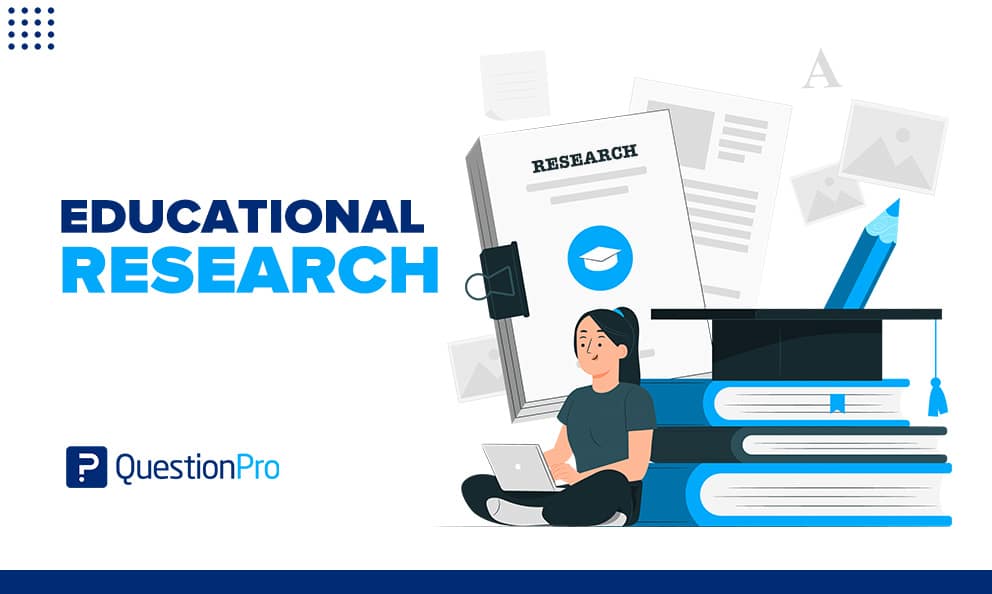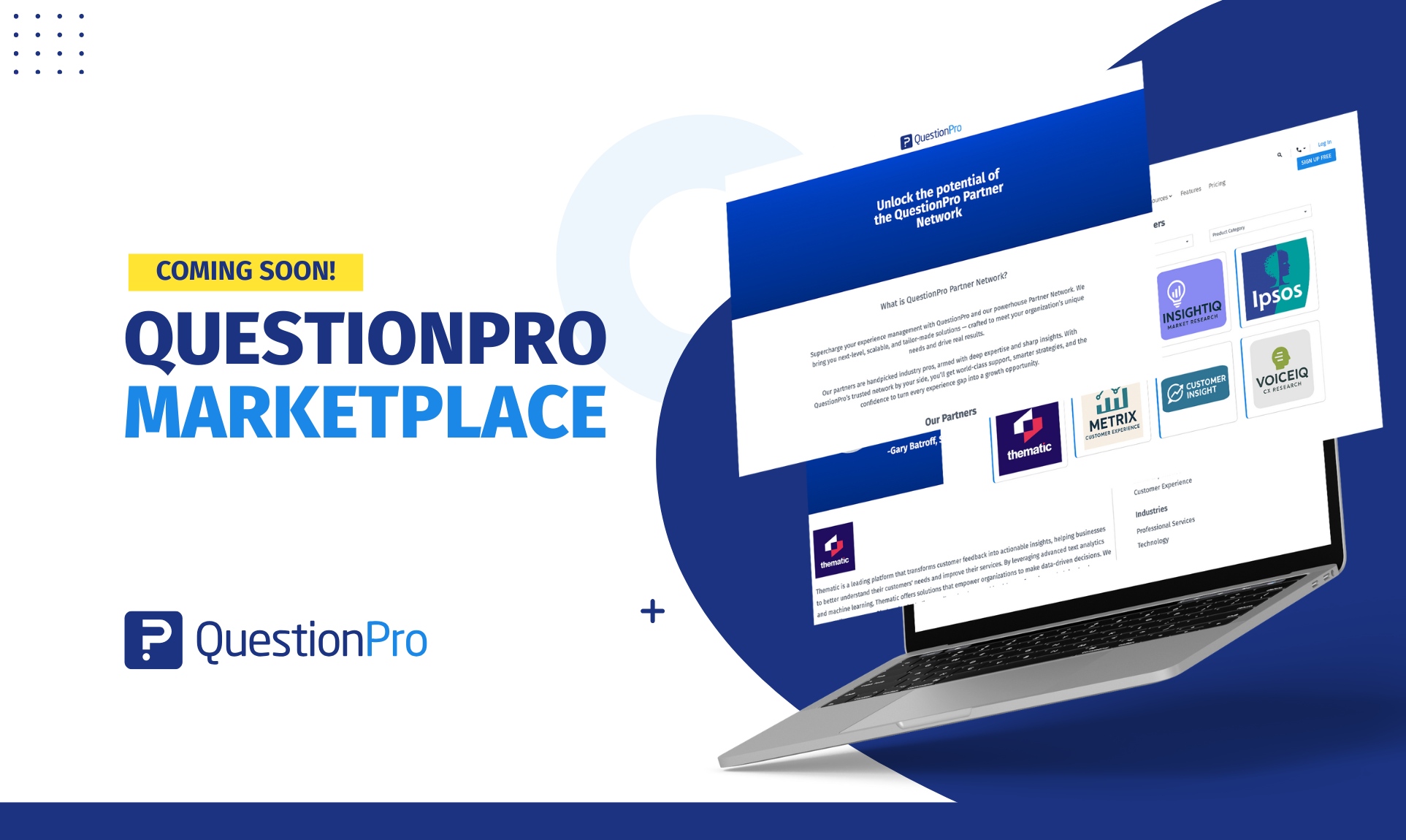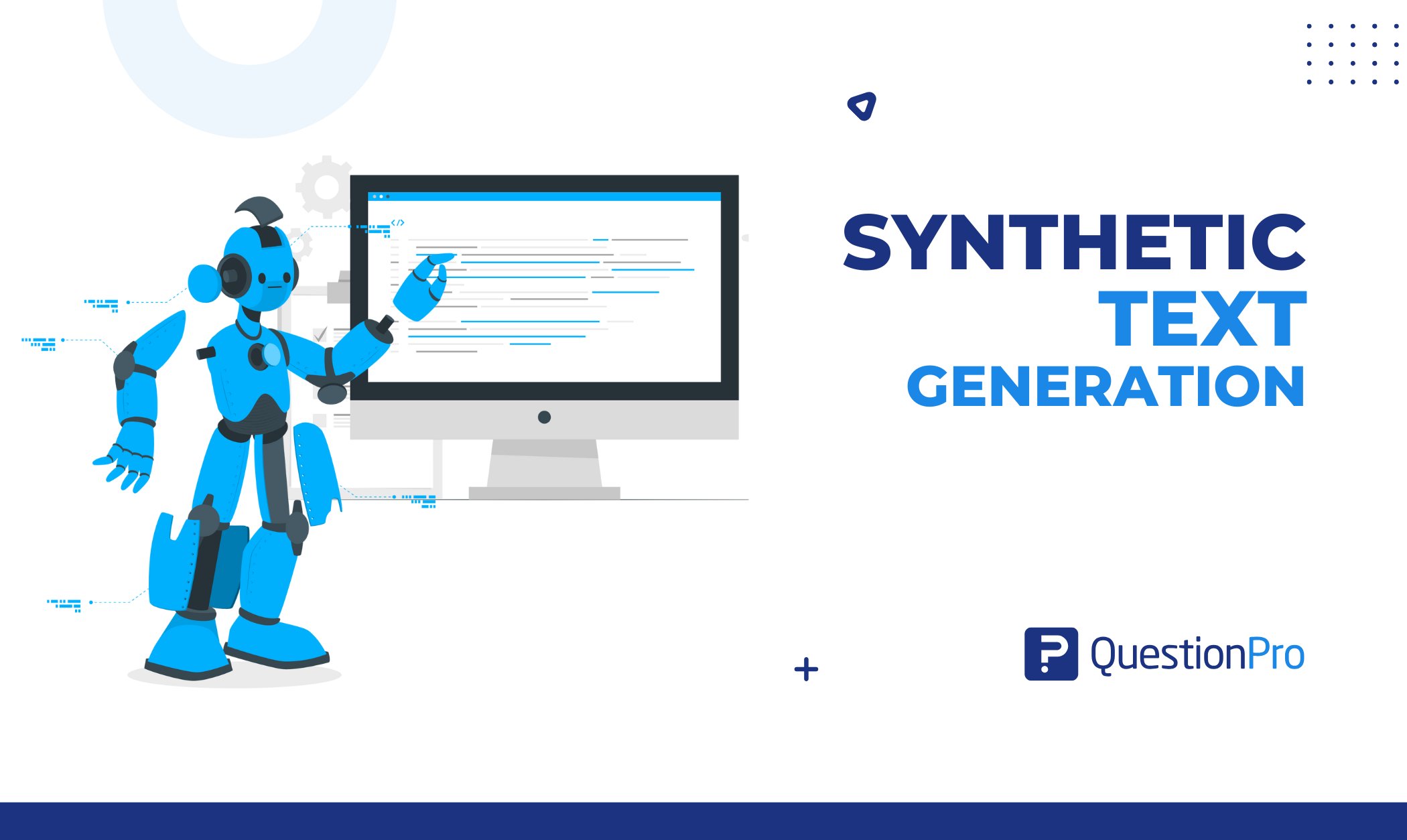
Education is a pillar in modern society, it provides the tools to develop critical thinking, decision making, and social abilities. Education helps individuals to secure the necessary research skills to secure jobs or to be entrepreneurs in new technologies. This is where educational research takes an important place in the overall improvement of the education system (pedagogy, learning programs, investigation, etc.).
Educational research is the spectrum that involves multiple fields of knowledge that scope the different research problems of the learning system and provides a variety of perspectives to solve the issues and improve in general. Educators need ways to filter through the noise of information to find the best practices to better their jobs and deliver better students. This is why educational research that attaches to the scientific method and creates better ideas and new knowledge is essential. The classroom response system allowed students to answer multiple-choice questions and engage in real-time discussions instantly.
What is educational research?
Educational research is collecting and systematically analyzing information on education methods to explain them better. It should be viewed as a critical, reflexive, and professional activity that adopts rigorous methods to gather data, analyze it, and solve educational challenges to help advance knowledge.
Educational research typically begins with identifying a problem or an academic issue. From there, it involves the research of all the data, the information must be analyzed to interpret it. This process ends with a report where results are presented in an understandable form of speech, which can be used by both the researcher and the educational community.
Why is educational research important?
The primary purpose of educational research is to improve the knowledge it exists towards the pedagogy and educational system as a whole. Improving the learning practices and developing new ways of teaching can be achieved more efficiently when the information is shared by the entire community rather than guarded by one institution. Simply put, we can tell that the main three reasons to conduct educational research are:
- To explore issues. Undertaking research leads to finding answers to specific questions that can help students, teachers, and administrators. Why is student experience design important in new university models? What is the impact of education on new generations? Why is the importance of language while redacting a survey for a Ph.D.?
- To shape policy. This type of educational research is conducted to collect information to make sustained judgments that can be informed to societies or institutions to improve the governance of education.
- To improve the quality. Trying to do something better than what is done now is a common reason for educational research to be done. What if we can improve the quality of education by adopting new processes; what if we can achieve the same outcomes with fewer resources? This is quite common in the educational system, but to adapt, institutions must have a base ground of information, which can be obtained by conducting educational research.
Educational Research Methods
Educational research methods are the tools used to carry out research to prove or not the hypothesis of the study.
Interviews
An interview is a qualitative research technique that allows the researcher to gather data from the subject using open-ended questions. The most important aspect of an interview is how it is made, typically, it would be a one-on-one conversation that focuses on the substance of what is asked.
Focus Group
Focus groups are also one of the best example of qualitative data in education or approach to gathering information. The main difference from an interview is that the group is composed of 6 – 10 people purposely selected to understand the perception of a social group. Rather than trying to understand a more significant population in the form of statistics, the focus group is directed by a moderator to keep the group in topic conversation. Hence, all the participants contribute to the research.
Observation
Observation is a method of data collection that incorporates the researcher into the natural setting where the participants or the phenomenon is happening. This enables the researcher to see what is happening in real time, eliminating some bias that interviews or focus groups can have by having the moderator intervene with the subjects.
Surveys
A survey is a research method used to collect data from a determined population to gain information on a subject of interest. The nature of the survey allows gathering the information at any given time and typically takes no time, depending on the research. Another benefit of a survey is its quantitative approach, which makes it easier to present it comprehensively.
How to do educational research
Like any other type of research, educational research involves steps that must be followed to make the information gathered from it valuable and usable.
- Identifying the problem. The first step in the process is to identify the problem or formulate a research question.
- Formulating objectives and hypotheses. Research objectives are the goal intended for the research to take place, they must be explicit at the beginning of the research and related to the problem. The hypothesis is a statement of the research in the form of a question, it helps the researcher to decide which research method is going to be used as well as the data that needs to be collected.
- Deciding the method of research. There are plenty of research methods, but deciding which one is the best for each case depends on the researcher’s objectives and hypothesis planted in the previous step.
- Collecting the data. The research method determines how the data is going to be collected. Whether it’s going to be an interview, focus group, or survey depends on the research method.
- Analyzing and interpreting the data. Arranging and organizing the data collected and making the necessary calculations. A correct translation/interpretation of the data is primordial for everyone to understand, not only the researcher.
- Writing a report. After the analysis and interpretation of data, the researcher will form a conclusion, a result of his research which can be shared with everyone. This will be done through a report, or a thesis, which includes all the information related to the research. It will include a detailed summary of all his work and findings during the research process.
Conclusion
Educational research is crucial for the improvement of the education system, the improvement of the teaching/learning process relies on the information that’s available in the field. Statements without research evidence are nothing but opinions, the gathering and distribution of information are fundamental in order to improve what we have as an educational system, as it provides explanations to the big questions and provides a bigger picture for future generations.
As stated before, educational research is crucial for improving the education system. In QuestionPro we believe in providing the best tools to academic researchers to keep creating valuable knowledge.







